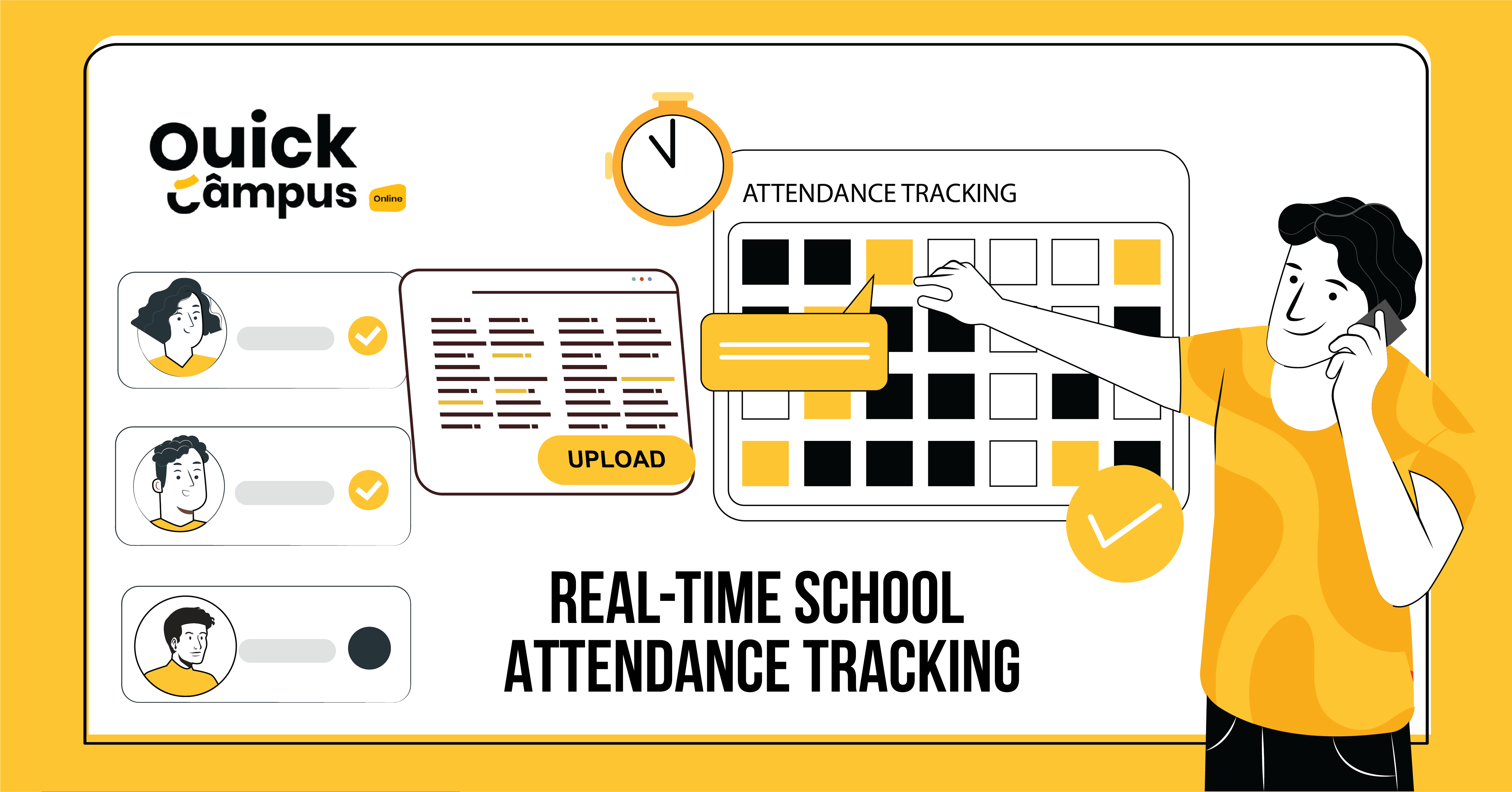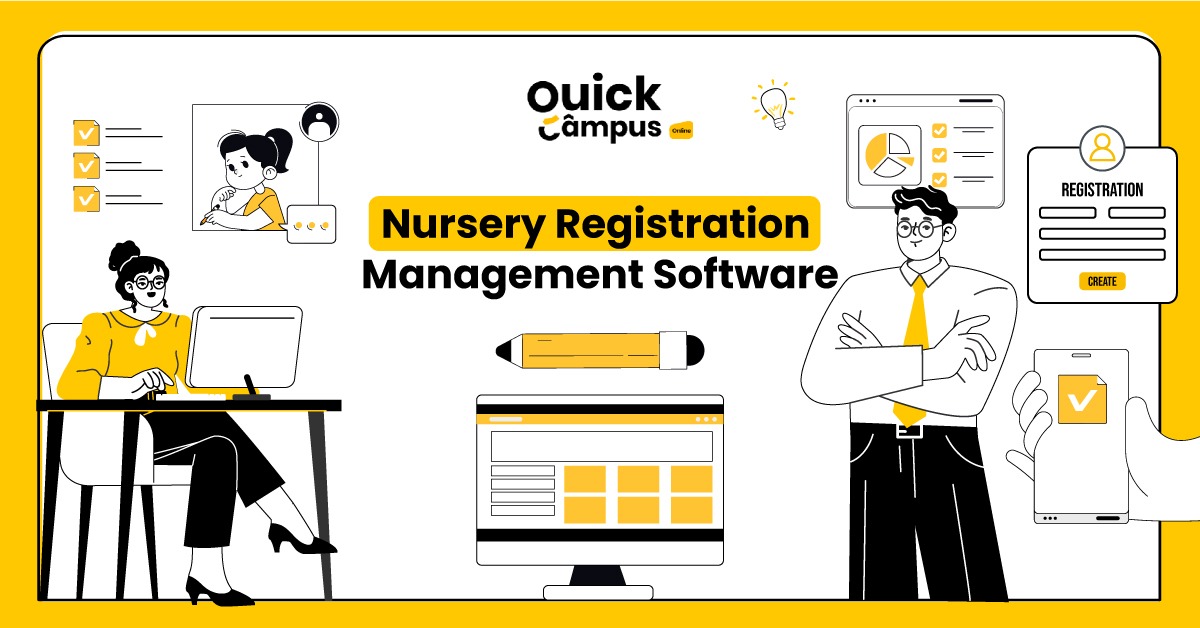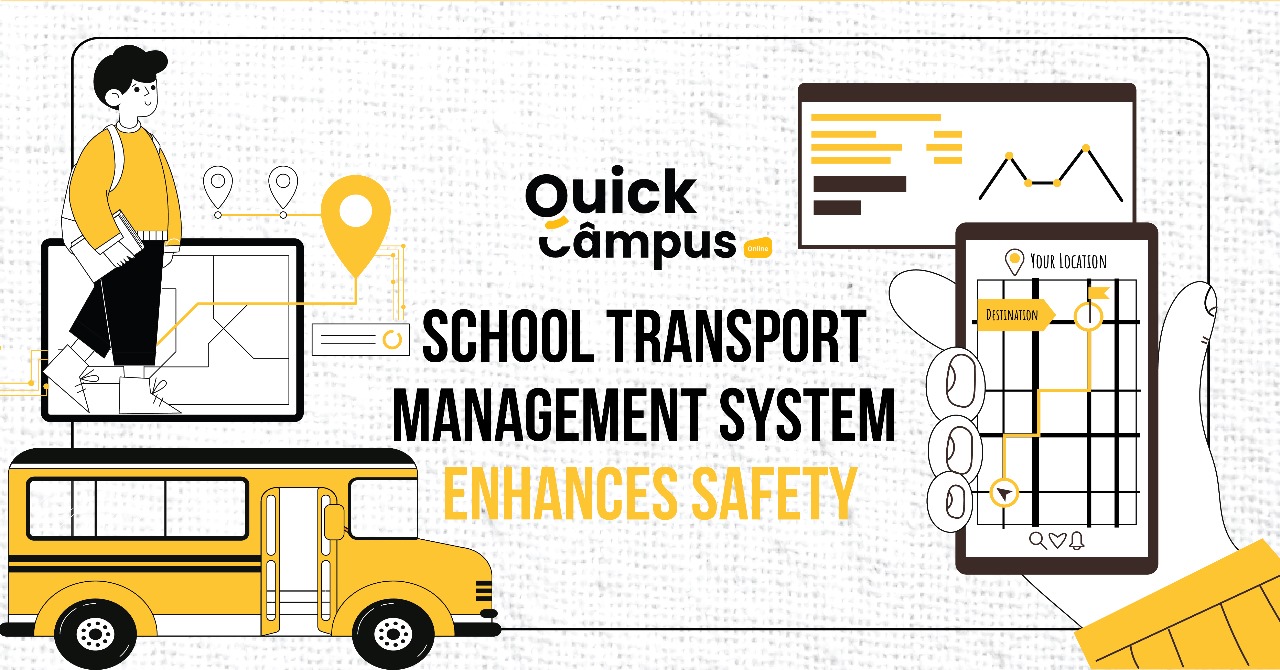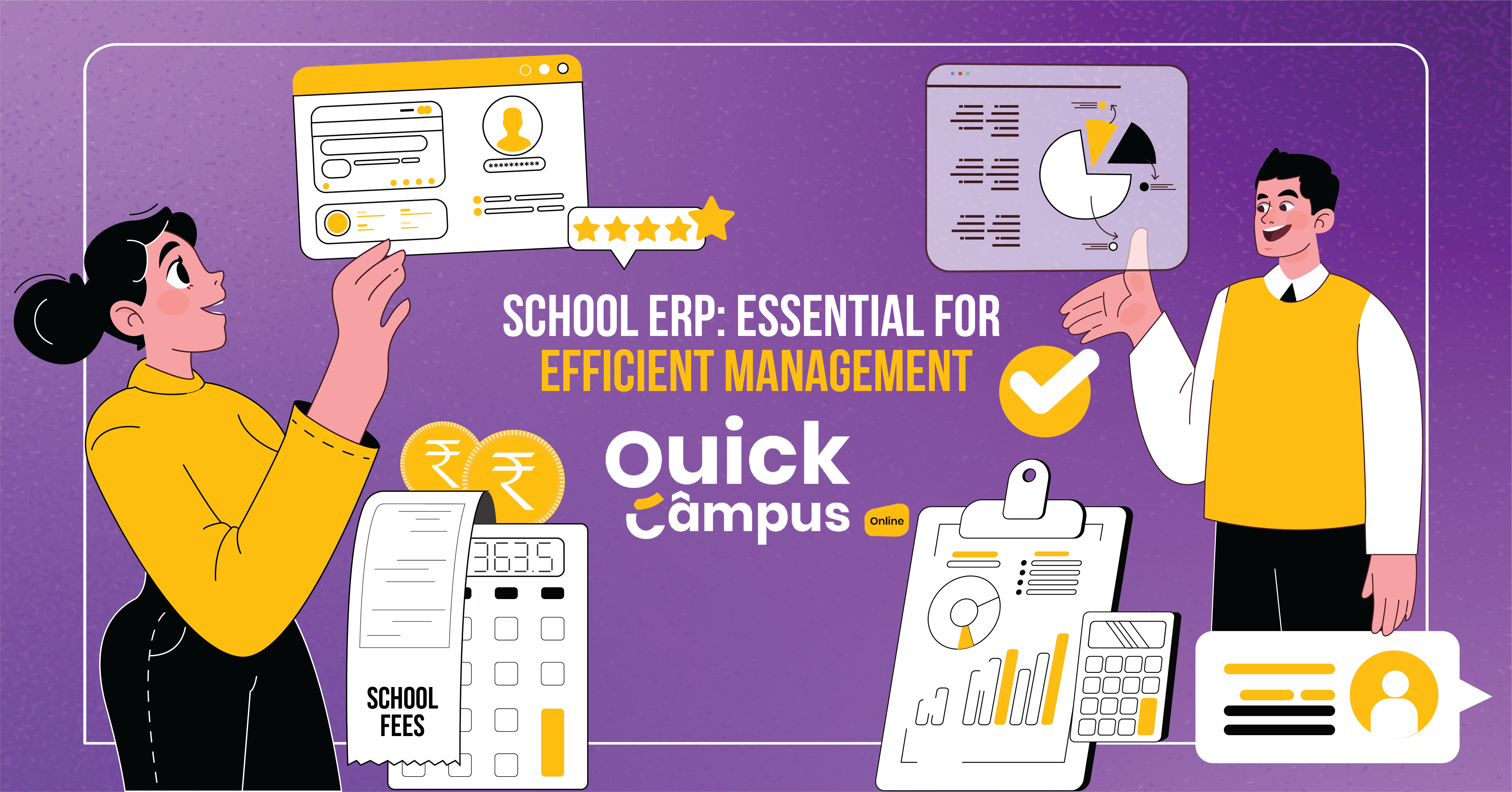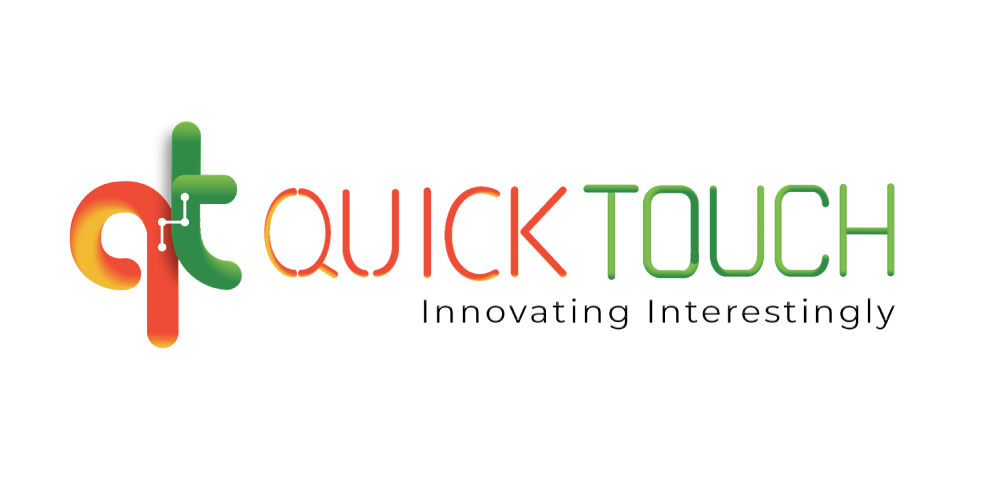Evaluation Types In Education
In this article, we will learn about the evolution types in education, there are many ways to see how well students are performing and how well teachers are teaching. These methods are called evaluation. They can be like pictures that show how things are going at school. It can help us do things better and learn more.
There are different types of evaluation that show how students are doing right now and how well the whole program is working. We will go on a journey to learn about all these different types of evaluation and how they can help us improve at school.
What Is Evaluation In Education?
The English word “evaluation” is derived from the French word “évaluer,” which in turn comes from the Latin “ex-,” meaning “out,” and “valere,” meaning “to be strong” or “to have value.” Thus, the root components of “evaluation” emphasize deriving or determining the value or worth of something.
Evaluation in education is the systematic process of assessing various aspects of the educational system. It includes student learning outcomes, education outcomes, curriculum, programs and strategies, etc. It involves collecting and analyzing data to inform practice to improve education quality and outcomes.
Purposes Of Evaluation
Evaluation in education serves several purposes:
1) Assessment Of Student Learning: Evaluation in education assesses students’ knowledge, skills, collaborative learning, and competencies, guiding tailored instruction.
2) Feedback And Improvement: Evaluation provides valuable feedback to students and educators, aiding progress and informing instructional strategies.
3) Accountability: Evaluation holds educational stakeholders accountable for quality, ensuring goals are met and corrective actions taken if needed.
4) Curriculum And Program Evaluation: Evaluation assesses curriculum effectiveness, guiding enhancements, and resource allocation decisions.
5) Policy Development And Decision-Making: Evaluation informs evidence-based policies and reforms, guiding resource allocation and strategic planning.
Types Of Evaluation In Education
There are three types of evaluation in education. These are as follows-
1) Formative Evaluation
Formative assessment means doing an assessment multiple times. In this process, teachers test after a definite time to explore how much the students have understood and how much they have yet to understand. They use this technique to understand the ability of the students, which helps them to understand what plans can be helpful for students’ betterment. This test can be repeated every 3 to 4 months for the evaluation.
2) Summative Evaluation
Summative evaluation is a type of evaluation that takes place at the end of an education period, the end of a semester, or academic examination. Its purpose is to assess student’s overall learning, outcomes, and achievements throughout the year. It is generally often in the form of exams, projects, or other assessments that provide a complete overview of the material learned by the student.
After the summative evaluation, the students got certificates or other forms of recognition that can influence their prospects.
3) Diagnostic Evaluation
The diagnostic type of evaluation helps to find out the student’s weaknesses and strengths and helps them work on them to improve and grow. Finding out weak areas and improving them boosts performance and scores. Crating micro-teaching plans for their growth.
Methods And Techniques Of Evaluation
Evaluation in education implies various methods and techniques to assess student learning, instructional effectiveness, curriculum, programs, and policies. Here are some commonly used methods and techniques of evaluation-
- Written Examination
- Oral Examination
- Assignment and Projects
- Observation
- Portfolios
- Peer-Assessment
- Self-Assessment
- Performance-based assessment
- Surveys and Questions
- Formative Assessment
- Summative Assessment
Levels Of Evaluation
Evaluation in education can occur at various levels, each serving distinct purposes and focusing on different aspects of the educational process. Here are the common levels of evaluation:
1) Self-Centered Evaluation
In this process, we compare the previous test with the current one to track the progress of the students and identify areas where they need to improve. This enables us to evaluate their development and encourage them to perform better in the future.
2) Criterion-Referenced
In this, some criteria are set to analyze the performance of students. For example, when a teacher starts a class for a student, he can set standards to achieve some objectives. After that, he can check whether the student can achieve all those objectives within the time or not.
3) Norm-Referenced
This type of evaluation involves comparing a student’s performance with their peers. By comparing the performance of students with other students, they found out where the students were lacking and where they needed help. Someone is trying to alter their education plans. It helps in finding the best way to improve the students.
Principles Of Evaluation
In education, evaluation is guided by several principles to ensure fairness, effectiveness, and meaningful assessment of student learning. Some principles are:
1) Validity: Assessment tools and methods should measure what they’re supposed to measure. They should match the things students are supposed to learn.
2) Reliability: Evaluation processes should give similar results when used in similar situations. It ensures that the assessment is trustworthy and not affected by outside factors.
3) Fairness: Assessment should be fair to everyone, no matter their background, skills, or situation. It should treat all students equally and avoid any unfair treatment.
4) Authenticity: Tests and assignments should relate to real life and what topics are currently studied. They should let students show what they know and can do in real-life scenarios.
5) Transparency: It is significant for instructors to clearly outline their expectations and grading criteria before the start of a course so that students understand what is required of them to succeed.
6) Formative Assessment: Teachers should give feedback to students as they learn, not just grades. It helps students know what they’re good at and where they need improvement.
7) Summative Assessment: This is like a final report card. It shows what students have learned by the end of a period, like a semester or a year.
8) Multiple Measures: Teachers should use different ways to see what students know, like tests, projects, or presentations. It helps to get a complete picture of their skills.
9) Continuous Improvement: It is the duty of Teachers always to try to make evaluations better. They should keep checking and changing things to help students learn more.
10) Ethical Considerations: Evaluations should be fair and respect students’ privacy. Teachers should think about how assessments affect students’ feelings and motivation.
Final Words
Evaluation plays a crucial role in education as it helps to comprehend the students’ learning. Teachers can help students by using different types of assessments. Each type of assessment is essential. Using various methods can help teachers understand students better. It is necessary to make improvements when adjusting assessments. It is also required to respect the feelings of fellow students and maintain a sense of belonging towards them. We should prioritize better ways to help students learn and grow so that they can have a bright future.



